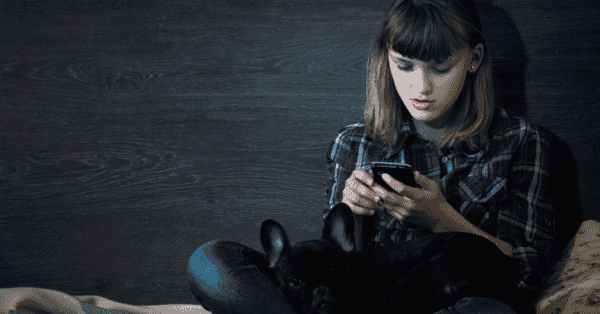What is the Blue Whale game?
The Blue Whale Challenge is an online game in which participants follow a social media account, which instructs them to complete 50 disturbing challenges. Challenges grow in their extremes; starting with watching a horror movie or listening to a particular song and develop into the participant live-streaming some form of self-harm.
The Blue Whale Challenge hit headlines after it was linked to the death of 130 teenagers in Russia. Various media reports suggested the game began in Russia before spreading to Eastern Europe and two ‘masterminds’ behind the evil game have now been arrested.
US media reports claimed The Blue Whale Challenge was responsible for the death of two teenagers including 15-year-old Isaiah Gonzalez, whose parents spoke out about the game after they found he had live-streamed his suicide on his smartphone. However, many experts claim the game is a hoax after they have been unable to confirm a link between the deaths and the challenge.
Why has it sparked controversy?
While The Blue Whale Challenge may have initially been a hoax or as dubbed by some ‘fake news’ – it is now becoming problematic. There are concerns that some young people are abusing the fear around the challenge to encourage others to self-harm and carry out various dares and post the results online under the guise of The Blue Whale challenge. Instagram has taken action and issues a warning message to any user searching for the results of the challenge directing them to The Samaritans.
The Blue Whale Game raises some important questions in terms of media influence and the power of the internet. Whether the Blue Whale Game is real or just a hoax, it is now causing concern.
What can you do to protect children?
Ask your child what they are doing online. It’s important you understand what websites, apps, and social media platforms they are on
Check their privacy settings. Make sure they know how to make their profiles ‘private’ so they are not sharing personal information with strangers. For example, Facebook has a Privacy Health check feature
Make sure they know when and how to report and block any malicious or inappropriate messages or posts
Be careful about over-sharing personal information such as your school, telephone number or anything that identifies where you might live. Consider not using your full name for your profile
Use the ‘t-shirt test’ when it comes to sharing images online or sending pictures or videos to friends: Would you wear it on your T-shirt? If not, then don’t send it
Have regular conversations with your children about the risks they may be exposed to and how to deal with them, such as cyberbullying and grooming, and ensure they feel able to come and talk to you if they see anything upsetting
If you are worried about your child’s emotional welfare or are concerned they may have come across The Blue Whale Challenge contact The Samaritans on 116 123





